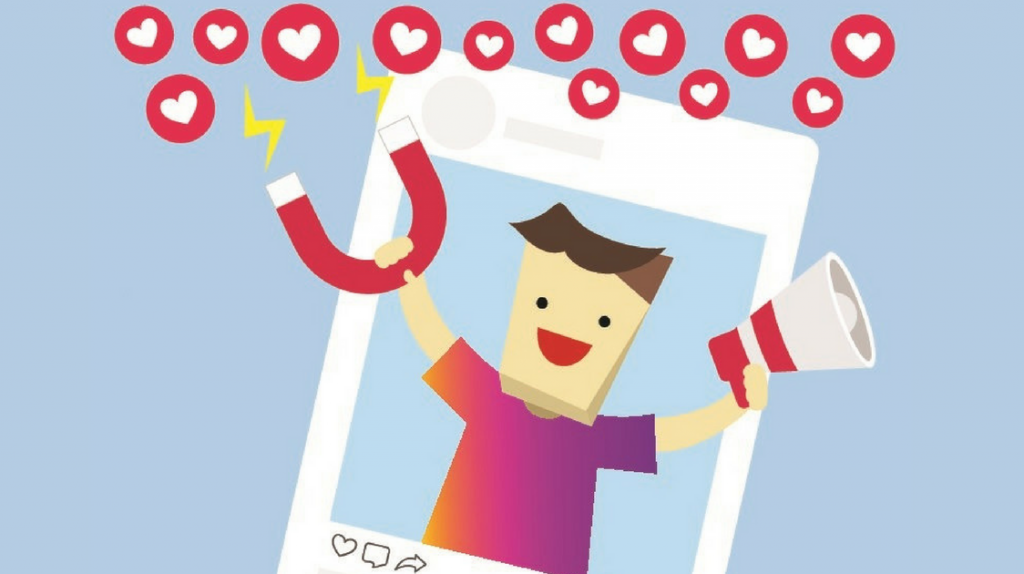Blog / Influencers / PR Tips
Influencers 101: What makes an influencer?

Businesses once had the power of persuasion but for many that is no longer the case. For brands the overall agenda is to make money, so the advice they provide is likely to be in their favour. Brands can create content that entertains, educates and advises but generally their activities will stem back to increasing their profit margins. Audiences know this is the case and are less likely to be swayed by messages directly from businesses.
So if brands no longer convince people the way they used to do, who does? Influencers.
There have always been individuals with power – royalty, politicians, celebrities. And of course those people still have influence over what we choose to believe and how we make decisions, however the internet has brought the birth of a new type of influencer – the real person.
When considering a new purchase how do you make your decision? Unless it’s an impulse purchase (don’t shop online when you’re drunk!) it’s likely that you will use a variety of sources to choose the best product or service for your needs. Companies can’t rely on bright advertisements and perfectly written press releases to drive behavioural change, it’s all about who else endorses the brand.
Review sites are great for seeing what real people think about a brand, although it’s difficult to identify with a reviewer when you don’t know anything about them. A blogger or vlogger however have an identity. They connect with you on a personal level and you trust what they have to say.
Comparing an influencer to a celebrity, Ron Schott, Senior Communications Manager at Microsoft says that “It’s a question of mass reach versus mass impact. Influencers carry weight in subjects. Celebs bring exposure.”[1]
There are certain qualities that all influencers possess – passion for what they do, a connection with their audience, an authoritative voice in their field and the power to entertain, educate and advise. Yep, exactly what brands want to be doing.
Influencers are often self-made by creating content that their audience is interested in. By engaging with their followers they build loyalty. And with loyalty comes power.
Followers admire and often aspire to be like the influencers they follow. But they still see these ‘idols’ as real people. People like themselves. They know that social media influencers have become influential on their own and they get a sense of the real person behind the crowd of followers.
A study from AdWeek found that Twitter users trust influencers as much as they trust their friends [2]. And there’s a reason the saying “if your friend jumped off a cliff, would you?” exists. We thrive on following those we trust.
Industry contributors especially bloggers with a large and engaged audience provide a new channel to spread your messages.
Interested in knowing more about influencers and how to choose the right ones for your brand? We’ll be exploring this further in our next Influencers 101 blog.







